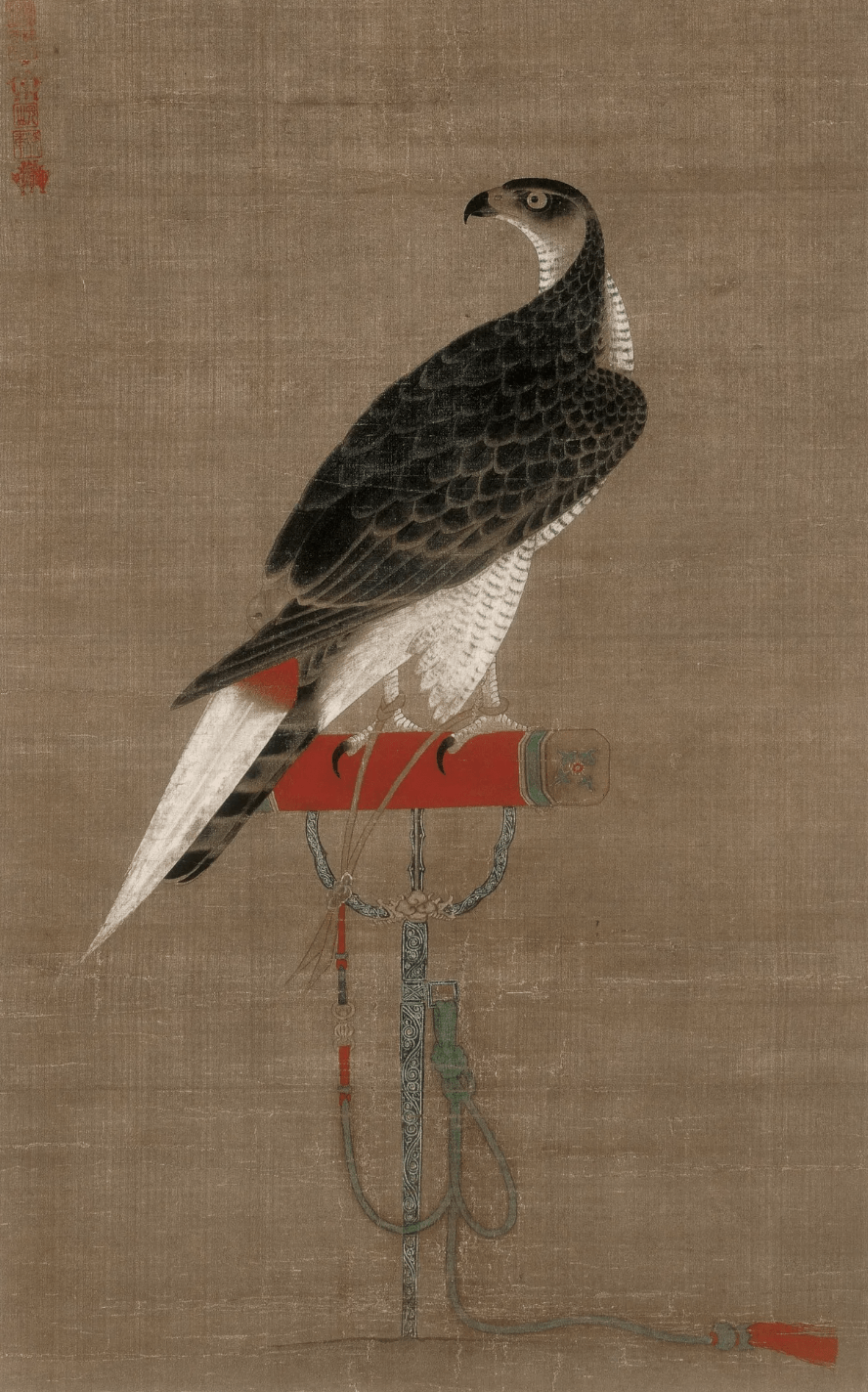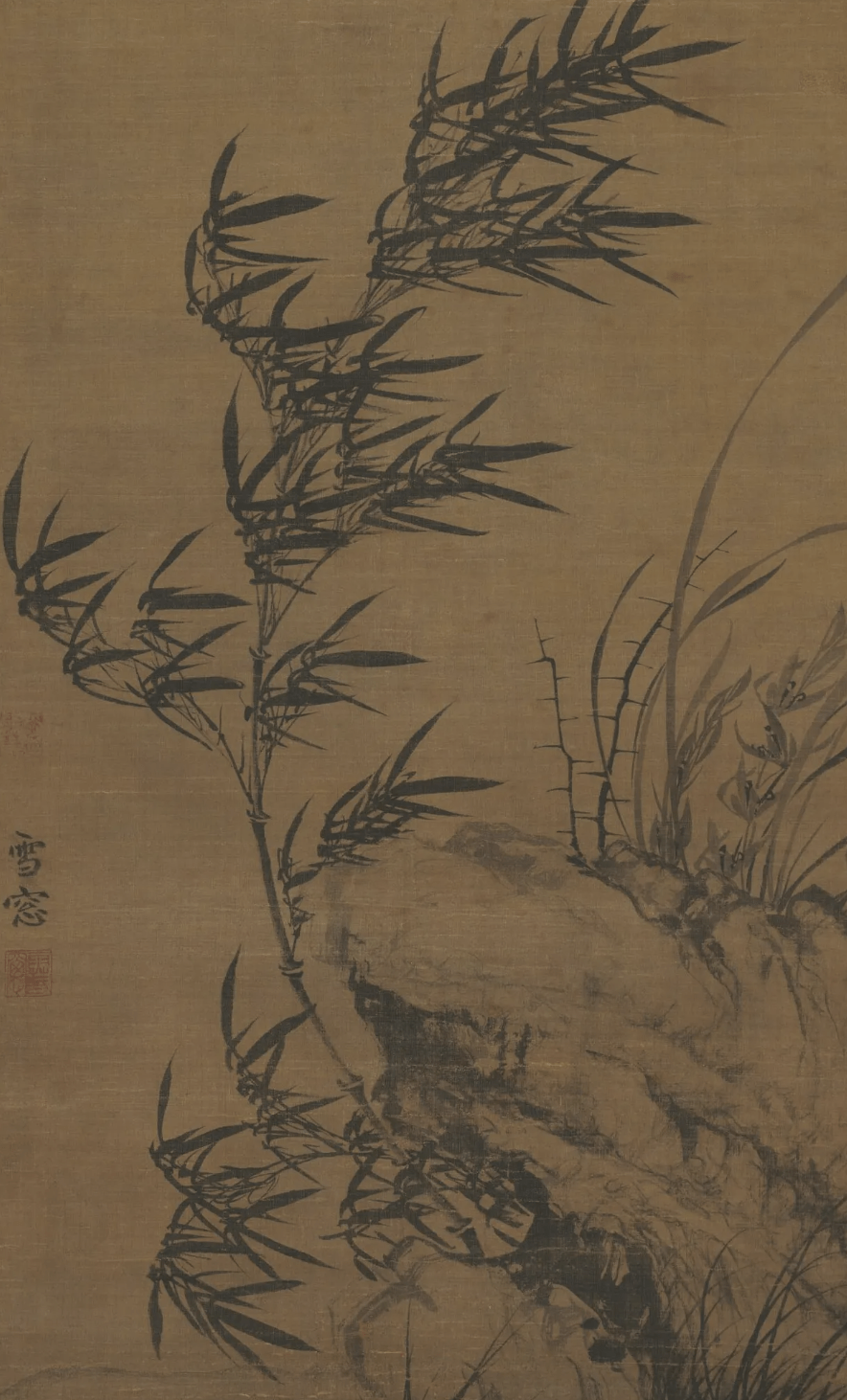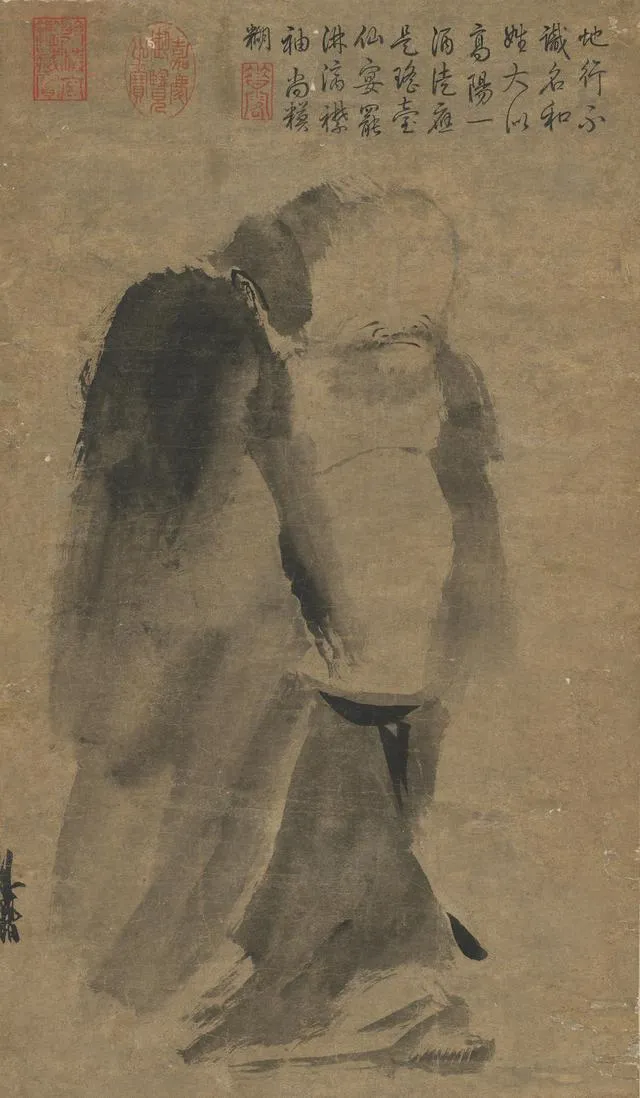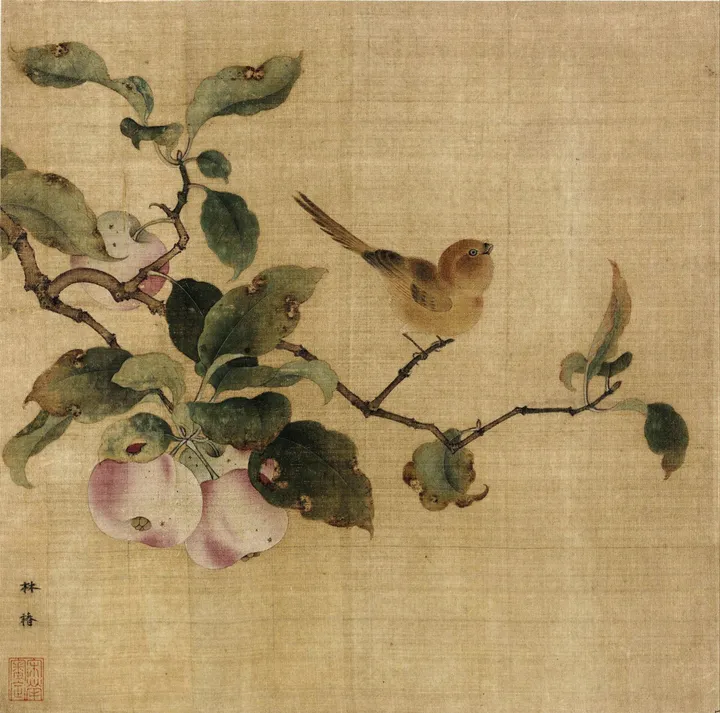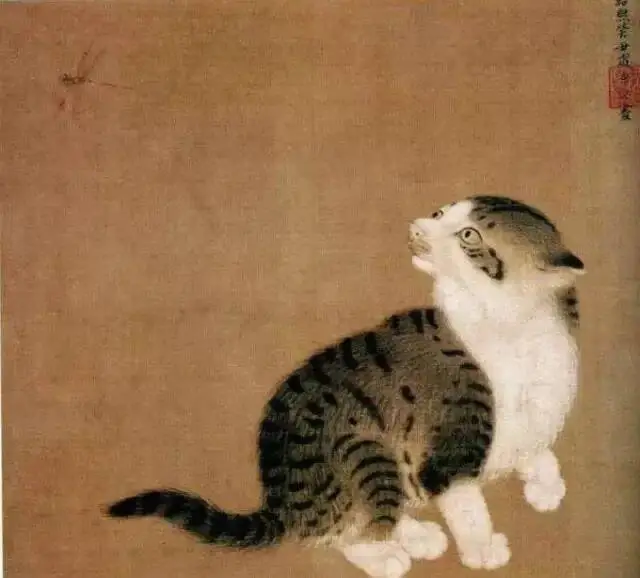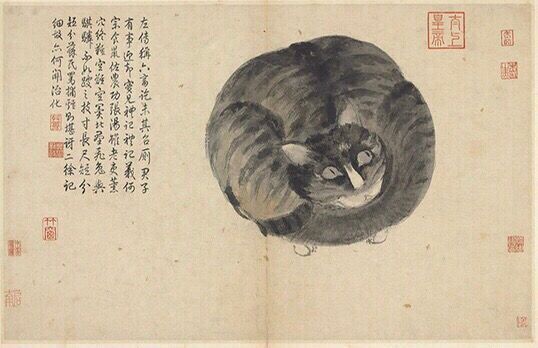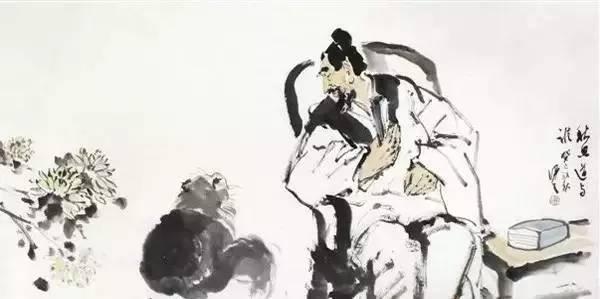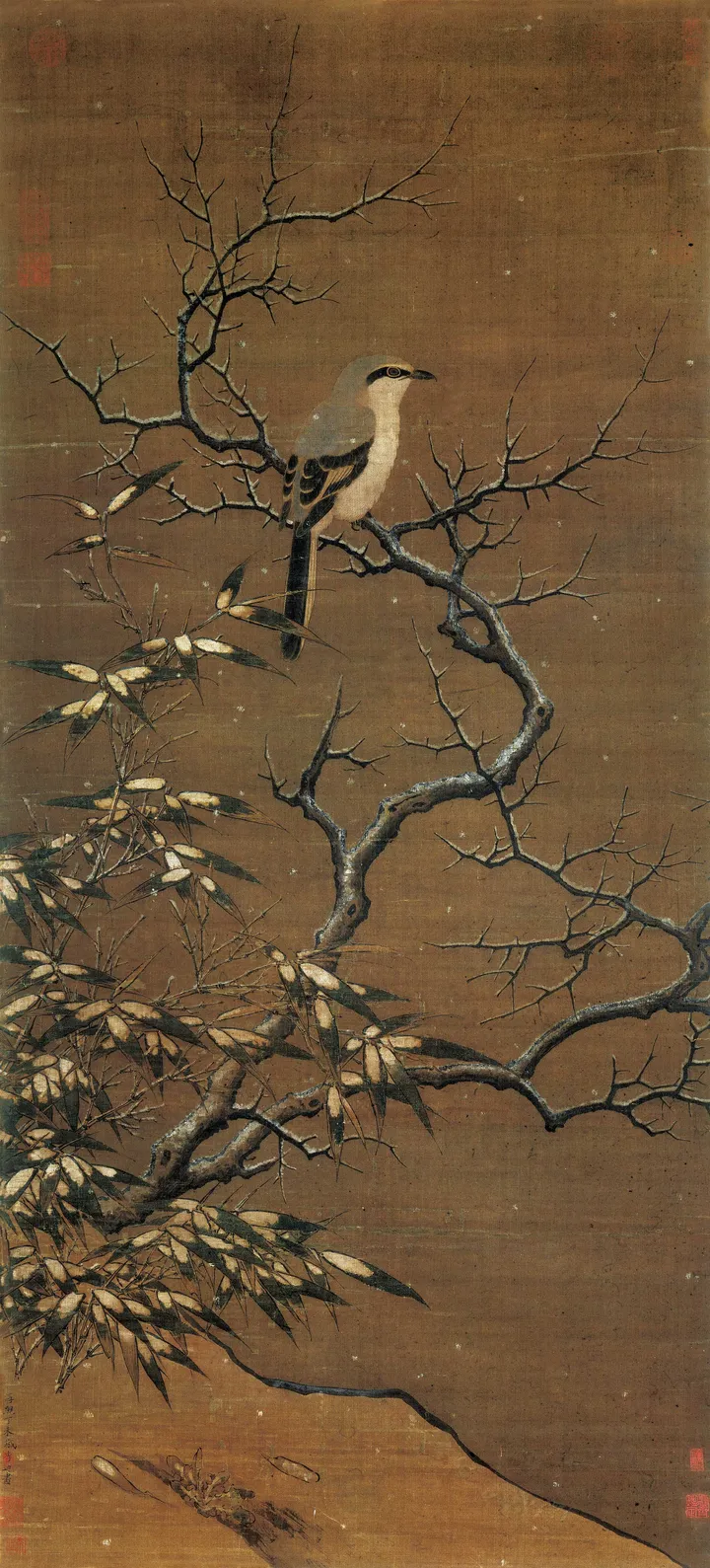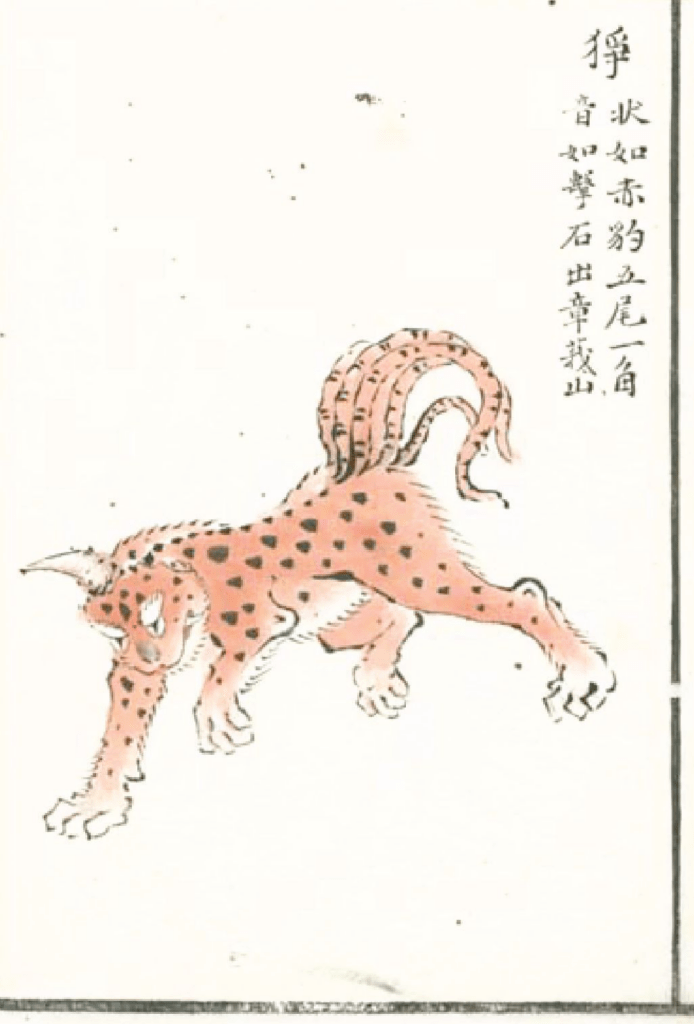Fight of the Liu Lang Shen
The people of Nanning in Guangxi all worship the deity Liu Lang Shen. If someone inadvertently offends in speech, Liu Lang Shen would come to haunt them. This Liu Lang Shen is particularly adept at beguiling women; most young and beautiful women are often possessed by him. The affected families must prepare a bundle of paper money, a bowl of rice, and invite two or three musicians. In the dead of night, amidst music and beating, they would escort Liu Lang Shen to desolate fields, after which he would haunt another household.

